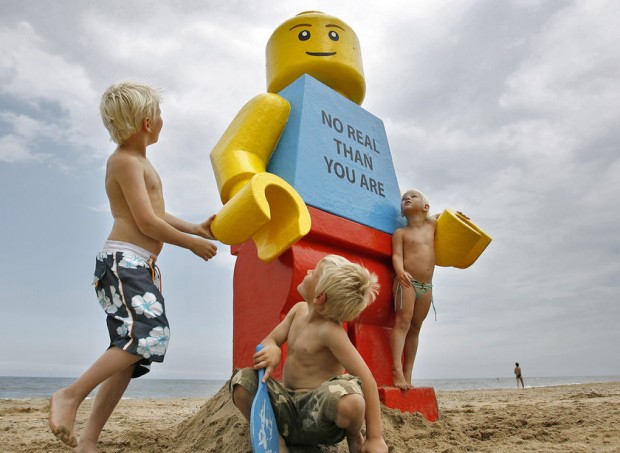
Another day, another Ian Bogost quote. This one comes from Ian’s review of Jane McGonigal’s book [amazon link=”1594202850″ title=”Reality is Broken: Why Games Make Us Better and How They Can Change the World“]. McGonigal is a highly influential game designer who works less in code than concepts. She has built a number of massive social games that explore problems of the future, through which players hope to discover solutions to war, illness, and social dysfunction. She even used a game model to help herself recover from a head injury; it’s the kind of thing that makes for a spiffing TED talk. But reading McGonigal’s manifesto of gaming for a better world, Bogost finds himself in doubt:
But don’t conclude that I think she’s wrong; it’s not that simple. Jane’s an optimist, perhaps the biggest optimist I know. And those of you who know me probably realize that I’m not the biggest optimist you know. See, I don’t think reality is broken. It’s messed up and horrifying, sure, but we don’t get to fix it, ever. It’s flawed and messy and delightful and repellent and stunning. Reality is alright.
And I don’t think games are happiness engines, either. They are complex, rusty machines built to show us that the world is so much bigger and weirder than we expected. I play games to remind me of this. I make them for that purpose too. Jane and I have both designed games that engage the world’s problems, but I tend to see my games as troubling the idea of solutions rather than leading us toward them.
Click over for Ian’s whole review; it’s a thought provoker. I’m inspired by McGonigal’s work as well; but when I search myself, I find myself siding with Bogost and messy reality. I also fear the gamification of everything for another reason: games are intense. At least with messy reality, we get here and there a few moments when we don’t have to have our game faces on.
 Gearfuse Technology, Science, Culture & More
Gearfuse Technology, Science, Culture & More


